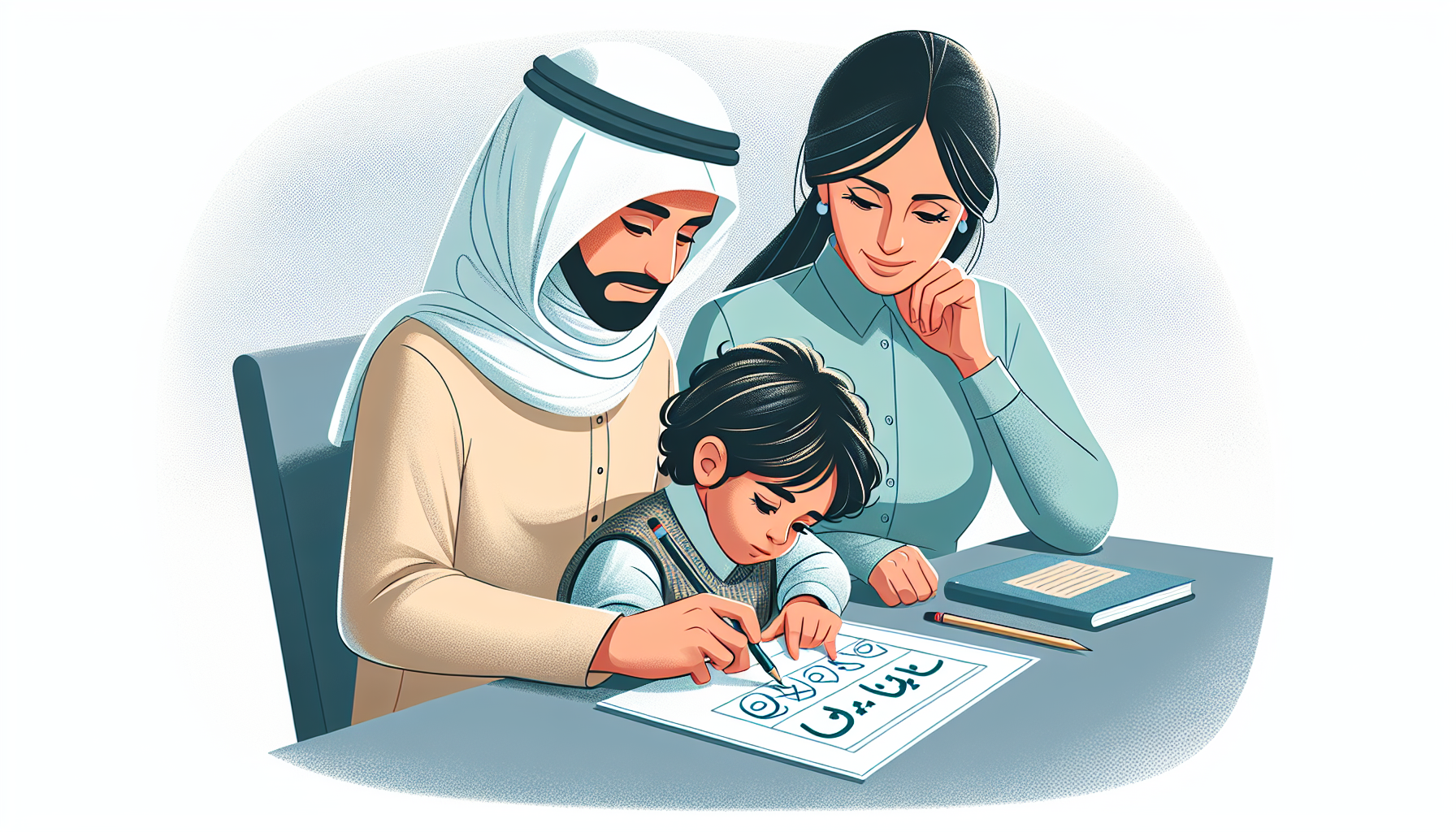The Philanthropic Paradox of Andrew Carnegie

Carnegie's ascent to wealth began with humble beginnings. Born into a poor family in Scotland, he immigrated to the United States as a child, and his early life was marked by hardship. However, this did not deter him from pursuing success. He worked various jobs, including as a bobbin boy in a cotton factory, before transitioning into the telegraph industry and eventually the steel business. In the steel industry, Carnegie employed aggressive tactics such as vertical integration—controlling every aspect of production from raw materials to distribution—and strategic partnerships. While these methods propelled him to the forefront of the industry, they also raised ethical questions. He was known for employing ruthless labor practices, including the use of strikebreakers during labor disputes, notably during the Homestead Strike of 1892, which resulted in violence and a significant loss of life. His focus on profit often overshadowed the welfare of workers, leading to a legacy complicated by his philanthropic actions later in life.
Passionate Philanthropist
Despite his contentious business practices, Carnegie's later years were marked by an extraordinary commitment to philanthropy. He famously declared, "The man who dies rich dies disgraced," and dedicated much of his fortune to educational and cultural institutions. Carnegie established libraries, universities, and research institutions, believing that access to education was the key to societal progress. The Carnegie Corporation of New York, founded in 1911, has been instrumental in funding educational initiatives and promoting the welfare of society. His establishment of over 2,500 public libraries across the United States exemplifies his belief in the power of education as a tool for individual and communal upliftment. Carnegie’s contributions to institutions like the Carnegie Mellon University and the Carnegie Endowment for International Peace reflect his commitment to shaping a better future.
Moral Implications
The juxtaposition of Carnegie’s industrial practices and his philanthropic efforts invites a broader conversation about the nature of wealth and responsibility. Carnegie's life exemplifies the tension between capitalism and morality: Can one justify the means of acquiring wealth if the ends involve significant contributions to society? This paradox challenges contemporary discussions around wealth, power, and ethical leadership. Moreover, Carnegie's philosophy of philanthropy—his belief that the wealthy have a duty to give back—remains relevant today. Many modern billionaires echo his sentiments, pledging their fortunes to various causes. However, the question persists: should wealth be redistributed through philanthropy, or should systemic changes be made to address the root causes of inequality?
Andrew Carnegie's life presents an intricate tapestry of contradictions that provoke thought and discussion about wealth, ethics, and philanthropy. His journey from a poor immigrant to a wealthy industrialist and then to a celebrated philanthropist underscores the complexities of the American Dream. As we reflect on his legacy, it becomes evident that the philanthropic paradox of Carnegie serves not just as a historical case study but as a lens through which we can evaluate our values and responsibilities in an increasingly unequal society.
Corporate Social Responsibility (CSR) Manager
Coca-Cola, Unilever, Microsoft
Core Responsibilities
Develop and implement CSR strategies that align with company values and community needs.
Monitor and report on the effectiveness of CSR initiatives to stakeholders.
Collaborate with various departments to integrate CSR into business operations.
Required Skills
Strong understanding of social issues and sustainability practices.
Excellent communication and project management skills.
Experience in stakeholder engagement and community outreach.
Philanthropic Program Officer
The Bill & Melinda Gates Foundation, The Ford Foundation
Core Responsibilities
Design, implement, and evaluate philanthropic programs and initiatives.
Manage grant-making processes, including proposal evaluation and reporting.
Build and maintain relationships with nonprofit organizations and community leaders.
Required Skills
Expertise in nonprofit management, fundraising, and grant writing.
Strong analytical skills to assess program effectiveness.
Ability to navigate complex social issues and develop impactful solutions.
Nonprofit Development Director
Habitat for Humanity, American Red Cross
Core Responsibilities
Create and execute fundraising strategies to support the organization’s mission.
Cultivate relationships with donors, sponsors, and community partners.
Oversee marketing and communications efforts to promote the organization’s initiatives.
Required Skills
Proven track record in fundraising and donor relations.
Strong leadership and team management abilities.
Excellent interpersonal and networking skills.
Social Impact Analyst
McKinsey & Company, BCG
Core Responsibilities
Conduct research and analysis to evaluate the social impact of programs and initiatives.
Prepare reports and presentations to communicate findings to stakeholders.
Collaborate with teams to optimize program effectiveness based on data insights.
Required Skills
Proficiency in statistical analysis and data visualization tools (e.g., SPSS, Tableau).
Strong critical thinking and problem-solving skills.
Familiarity with social impact frameworks and metrics.
Ethical Investment Analyst
BlackRock, Calvert Research and Management
Core Responsibilities
Analyze and assess investment opportunities based on environmental, social, and governance (ESG) criteria.
Monitor portfolio performance and provide recommendations for ethical investment strategies.
Engage with companies to promote sustainable and responsible business practices.
Required Skills
Expertise in investment analysis and financial modeling.
Strong understanding of ESG principles and sustainable finance.
Excellent communication and negotiation skills.


